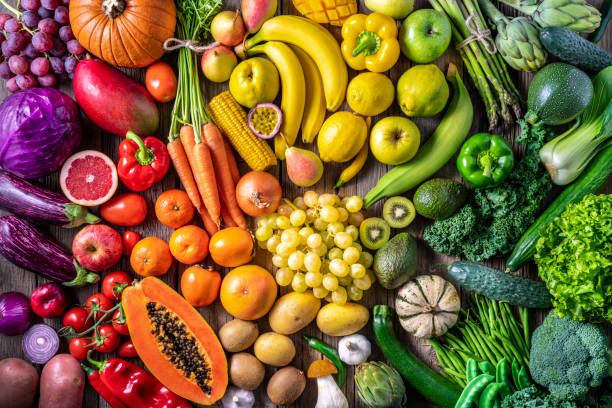The importance of vitamins for hair growth is well known. Many causes can lead to hair loss. Improper vitamins intake often causes significant hair loss, as the hair is very sensitive to imbalance and change.

Five best vitamins for hair growth
A proper intake of those five vitamins is crucial for hair growth, especially after a hair transplant. It helps to boost the results, and patients are often more satisfied with their procedure results if they pay extra attention to their diet in the following months. Hair needs different vitamins, each playing a different role in the body’s function.
Hair follicles need to receive oxygenation and nutrients from the vascular system to produce healthy hair. Consuming a proper amount of blood system-enhancing vitamins ensures the proper delivery of oxygen and nutrients to the hair follicles. Other vitamins are construction materials for keratin or preserve cells from oxidation.
Here are the five best vitamins for hair growth:
- Vitamin D
Alopecia areata, a form of alopecia causing circular bald patches, is often linked with a lack of vitamin D. Vitamin D deficiency causes a reduction in new hair follicles creation, leading to hair thinning. The best way to get vitamin D is through sunlight exposure. Going outside on a sunny day for 10 to 15 minutes is enough. Excessive sun exposure is often linked to skin cancer, so it is better not to sunbathe for too long. Some foods contain vitamin D, such as tofu, mushrooms, eggs, dairy, fish, and fatty meat.
- Vitamin A
It is vital for all cell growth. For hair, it participates in sebum production. Sebum helps with hair growth creating a protective shield and moisturizing the scalp.
Vitamin A is present in potatoes, carrots, pumpkins, yogurt, spinach, egg, and milk.
- Vitamin C
It is involved in collagen formation. Collagen keeps the bones strong and the joints supple. It makes the skin able to expand and contract without being damaged. Vitamin C deficiency reduces collagen production.
Kale, Brussels sprouts, strawberries, red bell pepper, kiwi, and citrus fruits are good sources of vitamin C.
- B-group vitamin
This vitamin group is vital to growing healthy hair. B12 commands adrenal glands to produce hair. B7, also known as biotin, is a repairing component for damaged hair. B-group vitamins deficiency is uncommon as those are widespread in our diets: eggs, leafy greens, beans, nuts, potatoes, whole grains, and avocado contain them.
- Vitamin E
Antioxidants protect cells from outer influence and damage. Vitamine E is one of them. This vitamin is excellent for healthy hair as it helps to maintain the hair follicles’ stem cells well-functioning.
Many foods contain vitamin E: avocadoes, vegetable oils, nuts, leafy greens, vegetables, and seeds.f
Conclusion
All body processes need a proper vitamin intake to be fully functional. Hair is not an exception, so lack of vitamins is a common cause of hair loss.
Depending on the hair loss, adjusting diet may be enough. However, in the case of androgenic alopecia, ensuring the intake of enough vitamins does not change anything because the causes are genetics. Better go for a hair transplant to restore the hair and provide appropriate vitamins and nutrients.





